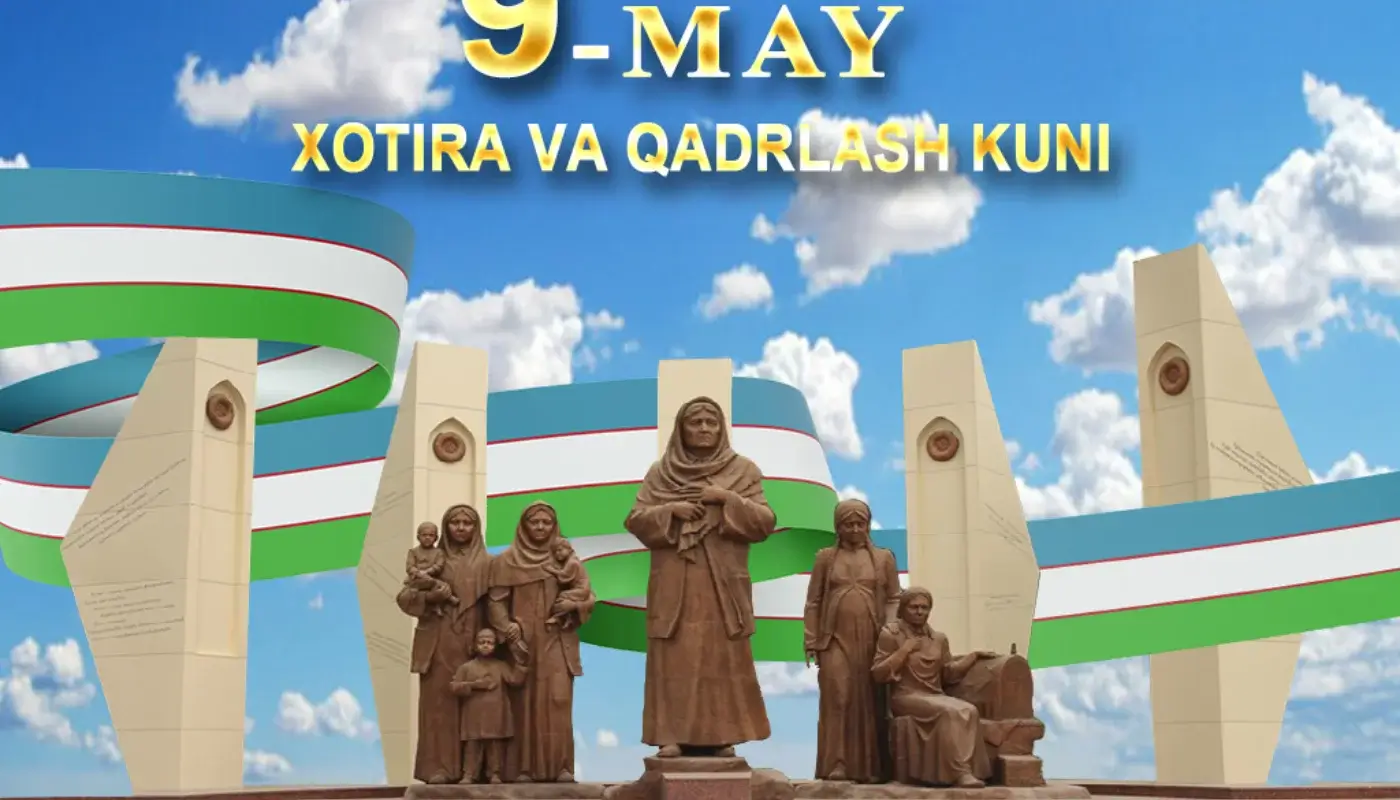May 9: a long-standing tension between memory, history, and ideology

80 years have passed since the end of World War II, and more than 34 years since the collapse of the USSR. Yet, debates around May 9 still persist. Every year — especially on the eve of Victory Day — discussions intensify, revealing a deeper conflict between national self-awareness and the remnants of Soviet ideology.
Uzbekistan — a country that redefined its stance
After gaining independence, Uzbekistan reassessed the meaning of May 9 and infused the date with a new national and memorial essence. Phrases like “Great Patriotic War” and “Great Victory” were officially removed. Now, the day is celebrated as Remembrance and Honor Day.
This shift is not just symbolic — it redefines the meaning. It’s now a day to remember nearly half a million fallen compatriots, recall the harsh realities of life behind the front lines, and to cherish peace. It’s not a celebration — it’s a commemoration.
Political analyst Tolipov: “This date now serves Russian strategic interests”
Renowned political analyst Farhod Tolipov highlights the layered interpretations of May 9. He argues that the date has increasingly become aligned with Russia’s geopolitical narrative.
“During the Soviet era, it was a celebration of victory, but it was always controversial. First, why exactly May 9? Second, each year the meaning fades, and now it seems to be important mainly for Russians. There may be no countries left that mark the day more eagerly than Russia itself,” he said.
Sociologist Yuldashev: “This is not a holiday — it's a national mourning”
Ethnopsychologist and sociologist Mahmud Yuldashev says May 9 should be treated not as a holiday, but as a national mourning day.
“There are different forms of mourning rituals. In the past, people even danced to 'Katyusha'. That shows the Soviet ideology still lingers. We should not celebrate a war that belonged to an empire that colonized us,” he said.
Tashanov: “Soviet and Nazi regimes were both repressive — we were victims”
Human rights activist Abdurahmon Tashanov believes the war was a conflict between two authoritarian regimes. The Soviet Union colonized Central Asia, destroyed its intelligentsia, and repressed dissent.
“Soviet ideology still influences our society. If even youth under 35 see May 9 as a holiday, it means that influence hasn’t faded. We need clear national policy and political will to break free,” he stated.
Historian Mahmudov: “We were forced into the war — not volunteers”
Historian Zavqibek Mahmudov argues that celebrating May 9 is a sign of “mankurtism” — forgetting one’s national identity. He believes had Central Asians volunteered for the war, it might be seen as victory. But they were coerced.
“To celebrate May 9, we must be a free people. We weren’t asked — we were forced. And that too under threats of execution — if you retreated or defected, your family was punished too,” he said.
Zamin.uz editorial board believes that May 9 should be personally interpreted by each citizen. It is a date that calls for deep reflection on truth, memory, and spiritual freedom. The true value lies in peace. And to appreciate it, we must learn from history. Read “Zamin” on Telegram!
Ctrl
Enter
Found a mistake?
Select the phrase and press Ctrl+Enter 





















